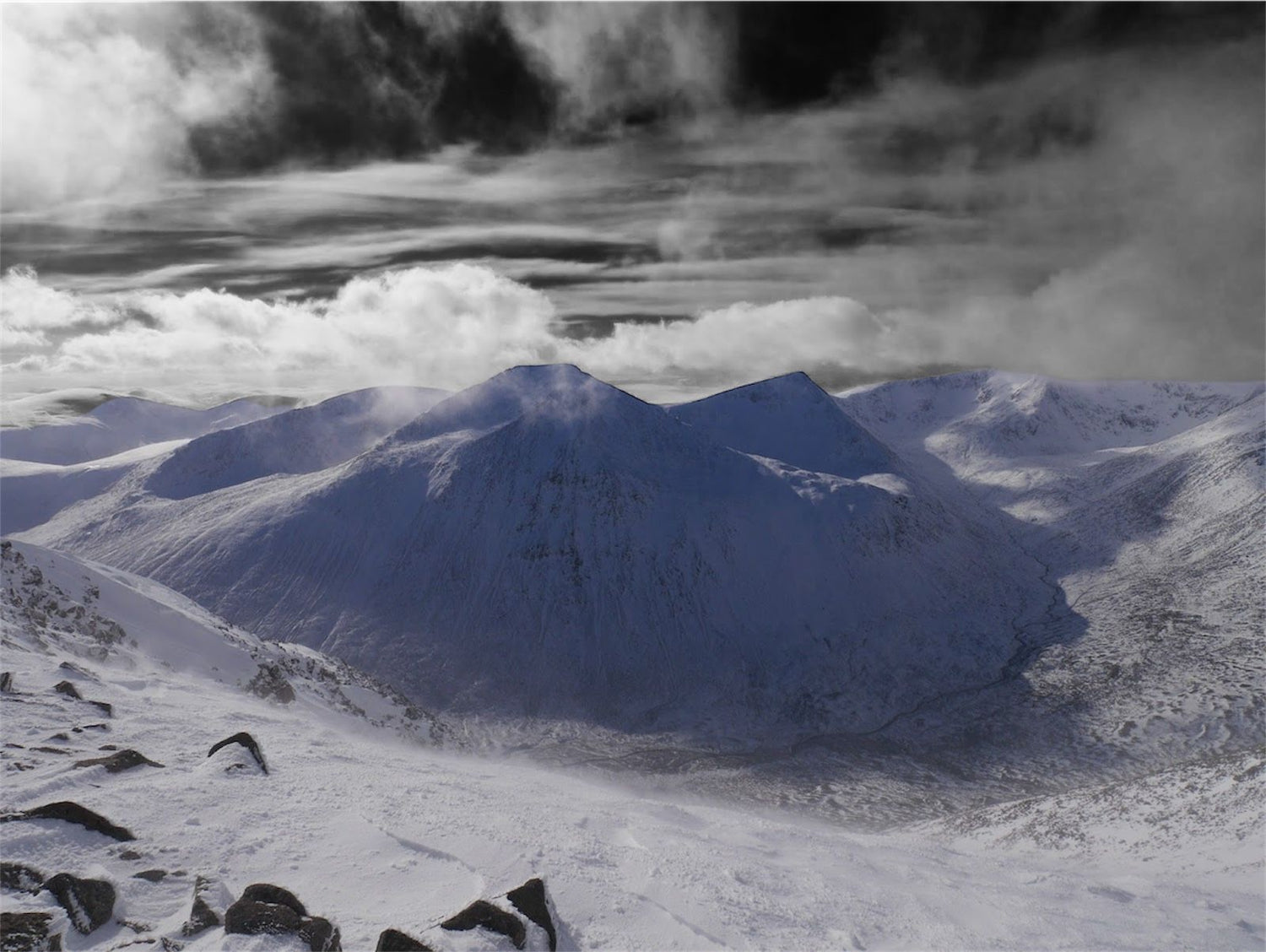A Guide to the Different Types of Backpacks for Hiking and Mountaineering
When it comes to hiking and mountaineering, having the right backpack can make all the difference in terms of comfort, convenience, and performance. With a variety of backpacks on the market, choosing the right one depends on the type of hike or climb, how much gear you need to carry, and what features are important for the conditions you'll face. In this guide, we’ll break down the different types of backpacks available for hiking and mountaineering, their sizes, materials, prices, and how they cater to different outdoor adventures.
Daypacks (10-30 Litres)
Daypacks are small, lightweight backpacks designed for short hikes, typically lasting less than a day. They have a capacity ranging from 10 to 30 litres, making them ideal for carrying essentials like water, snacks, a rain jacket, and a first-aid kit. Most daypacks come with a hydration reservoir compartment, enabling easy water access while on the move. They usually have basic support systems, including padded shoulder straps and a simple back panel for ventilation.
Daypacks are often made from lightweight nylon or polyester fabrics, some of which have water-resistant coatings to protect against light rain. However, they aren’t usually fully waterproof, so you may need to pack a rain cover or dry bags for added protection in wet conditions. Daypacks range from £30 to £80, depending on the brand, quality of materials, and features.
Mid-Size Backpacks (30-50 Litres)
For longer day hikes or overnight trips, a mid-size backpack with a capacity of 30 to 50 litres is a better option. These packs can carry more gear, such as extra clothing layers, sleeping bags, food, and cooking equipment, making them ideal for those needing to be more self-sufficient on the trail.
Mid-size packs are designed with more robust support systems, often including adjustable hip belts, sternum straps, and padded back panels with ventilation channels to prevent excessive sweating. These packs typically have external pockets, gear loops, and attachment points for trekking poles, ice axes, or crampons.
In terms of materials, mid-size backpacks are often made from durable ripstop nylon or polyester, and many include DWR (Durable Water Repellent) coatings to provide water resistance. Some models come with built-in rain covers for added waterproofing in harsher conditions. The price for a good-quality mid-size hiking backpack generally ranges from £60 to £150, depending on the features and the brand.
Large Backpacks (50-80 Litres)
For multi-day hikes or mountaineering expeditions, a large backpack with a capacity of 50 to 80 litres is essential. These packs can carry enough gear for extended trips, including a tent, sleeping pad, stove, fuel, food, and technical climbing gear. Large backpacks are also designed to distribute the weight efficiently, which is crucial for long distances.
Most large backpacks feature internal frames made from lightweight aluminium or plastic, which provide structure and help balance the load. They also have fully adjustable suspension systems, allowing for a custom fit to reduce strain on the back and shoulders. The hip belts on these packs are heavily padded and designed to carry most of the weight, which helps reduce fatigue during long hikes.
Fabric for large backpacks is typically more rugged than that used for smaller packs. High-denier ripstop nylon or Cordura fabrics are common for durability, with reinforced areas to prevent wear and tear. These packs also often come with waterproof liners or built-in rain covers for protection against heavy rain or snow. Prices for large hiking and mountaineering backpacks can vary significantly, from £100 to £300, depending on the features, brand, and materials.
Technical Backpacks for Mountaineering (40-70 Litres)
Mountaineering backpacks are designed specifically for high-altitude climbs and technical ascents, where carrying specialized gear like ropes, carabiners, and ice axes is necessary. These packs typically range from 40 to 70 litres, with a streamlined design that minimizes unnecessary bulk, ensuring they don’t impede movement when climbing or navigating narrow ridges.
Mountaineering packs often include reinforced gear loops, ice axe attachments, and daisy chains to secure ropes and helmets. They are also designed with compression straps to reduce the size of the pack when it’s not fully loaded, improving balance and stability. Some technical backpacks come with removable frames or hip belts to reduce weight when necessary.
In terms of materials, mountaineering backpacks use ultra-durable, abrasion-resistant fabrics like Dyneema® or heavy-duty ripstop nylon, often with taped seams and reinforced zippers for improved waterproofing. Many of these packs are highly water-resistant, though it’s common for mountaineers to use a waterproof liner for additional protection. Prices for mountaineering backpacks typically range from £150 to £350, reflecting the specialized design and premium materials.
Waterproofing and Fabrics
The material of a backpack is crucial for its durability, weather resistance, and overall performance. Ripstop nylon and polyester are common fabrics used for most hiking and mountaineering packs, with varying levels of thickness (denier rating). Higher denier fabrics are more resistant to abrasion but can add extra weight.
For waterproofing, many packs are treated with a Durable Water Repellent (DWR) coating, which allows them to resist light rain and moisture. However, DWR coatings can wear off over time, so it's common to see backpacks come with built-in rain covers for added protection in heavier downpours. In mountaineering and more extreme environments, high-end packs use materials like Dyneema®, which is both ultra-light and highly waterproof, though packs made from these materials tend to be more expensive.
Conclusion
When choosing a backpack for hiking or mountaineering, it’s essential to consider your needs in terms of capacity, materials, and weather resistance. Daypacks are ideal for short trips, while larger backpacks are necessary for multi-day adventures or technical climbs. Prices can range from £30 to £350, depending on the size, features, and durability of the backpack. Ensure you invest in the right backpack to make your hiking or mountaineering trip comfortable, efficient, and enjoyable.
Explore Without Limits!






